290. Communities in Turmoil: A Guide to Compulsory Appointments
Podcast: Play in new window | Download
Subscribe: RSS

With news last week that police attended a Sydney strata meeting to break up the chaos, today I’m sharing my guide to compulsory appointments: often the last option for a community in distress (ep 222 replay).
Links mentioned:
- Get the transcript here!
- Episode 248. A warning to “autocractic” secretaries
- This Sydney strata nightmare started as a power struggle – then the police were called news article
- Your Strata Property podcast episodes
- Section 237 – Orders for appointment of strata managing agent – Strata Schemes Management Act (NSW) 2015
- Division 10 – Section 162 – Order appointing strata managing agent to exercise certain functions – Strata Schemes Management Act (NSW) 1996
- Sahade v Bischoff [2015] NSWCA 418 (23 December 2015)
- The Owners – Strata Plan 5709 v Andrews [2009] NSWCA 189 (10 July 2009)
- James v The Owners – Strata Plan No 11478, The Owners – Strata Plan No 11478 v James [2016] NSWSC 1558 (3 November 2016)
- Section 108 – Change to common property – Strata Schemes Management Act (NSW) 2015
- The Owners Strata Plan No 54026 v UniLodge Australia Pty Ltd (No 2) [2020] NSWCATAP 80 (8 May 2020)

Thanks, Amanda. Informative, though a bit dragged out. However, this podcast raises/stimulates more questions.
1) Can a term of a compulsory management be extended beyond 2 years by NCAT on application by a lot owner, or there always MUST be at least some period of “normal” governance after expiration of 2 years compulsory term?
2) Is compulsory management obligated to generate “pseudo-minutes” of “pseudo-meetings” of the Owners Corporation? Example: Compulsory management believes a building must get rid of a leaking unsafe unhealthy swimming pool, which no one is actually using.
– Can they just start demolition one day, or
– Should they first “call” a pseudo-meeting, write pseudo-minutes like “SPECIALLY RESOLVED that Owners not to maintain common property known as swimming pool” and then distribute the minutes to all owners?
Regards, Alex
Has a costs order been made and if so, and assuming it was in favour of the applicant and therefore against the OC, was the applicant exempted from contributing its share of the OC costs?
Hi Frank, which case are you referring to? (there are a few mentioned in this episode…)
You may be right Frank, if it is NCAT case, and if you win, strata can not levy you for their legal expenses. Section 104 of SSMA2015.
However, strata might not strike or might not have struck a special levy to cover these legal costs. So it might seem that it “does not cost you”. But it is not so. These legal expenses have somewhat depleted Admin fund, which will result in levies increase in future or deferring some works. And, if you do not act, you will be paying for proceedings against you.
So, once you win the case, you need to request a specific refund:
refund = (legal expenses) * (UE of your lot) / (Aggregate strata UE – UE of your lot),
where:
legal expenses — all legal costs, associated disbursements, postage, strata manager attendance fees, etc;
UE of your lot — unit entitlements of your lots (or all your lots if you own more than one);
For example, suppose costs and disbursements related to the case were $10,000, you won, your strata is comprised of 10 identical lots. You should get a refund of 1/9-th of the expenses, that is $1111.11 (not $1000 as it might seem).
== Note: I am not a lawyer, it is only my opinion, and better if Amanda comments on the issue. ==
Dear Amanda
I greatly value your advice. I listen to all your podcasts. I have lived in my 80 Lot building for 47 years, SC member and chair for over 20 years. I made an application under Section 237 in Jan 2022 against the current SC, Strata Manager & Building Manager. I believed the NCAT instructions that legal representation was not encouraged or necessary. Each Senior Member advised that I seek advice. Because of the many failures to comply with the Act by all 3 parties mentioned my legal costs have reached many thousands of dollars and I have been forced to withdraw my application. The lives of 200 people including children are in danger through failure to maintain inspection and testing of the sprinkler system and smoke detectors for 19 years. What more can I do? Perhaps you could address this severe limitation on what an Owner can achieve, or fail to achieve.